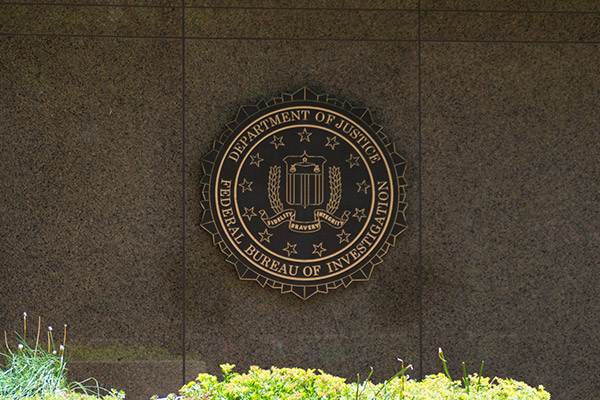
Federal Court orders FBI to Release Documents Regarding its Investigations into Muslim Communities
- By Alison Lesley --
- 31 Mar 2015 --

Following a Bay Area federal ruling, the FBI has been compelled to release intelligence documents that details how the bureau investigates and run surveillance on Muslim communities in Northern California.
The FBI, which had previously turned down request from the Asian Law Caucus, the San Francisco Bay Guardian and the American Civil Liberties Union back in 2010 to share surveillance files of Muslim communities, which resulted in a lawsuit, can no longer hide behind the "law enforcement" exemption of the Freedom of Information Act, U.S. District Judge Richard Seeborg of San Francisco ruled.
The District Judge, according to Court House News, concluded that the exemption "is not the appropriate umbrella under which to shield these documents from public view."
The Asian Law Caucus, the San Francisco Bay Guardian, and the American Civil Liberties Union had raised suspicion that the FBI had been using covert techniques to infiltrate Muslim communities and mosques using informants. They had also suspected the bureau of using racial and religious affiliations to decide whom to investigate.
The bodies were also concerned that the FBI had also been recruiting Arab and Muslim kids to serve in the agency's Junior Agent program.
To all these, the 3 civil rights bodies requested the FBI to turn over documents to confirm or deny their stance, and when the FBI refused, citing the "law enforcement" exemption of the Freedom of Information Act as a cover, the ACLU sued in February 2011.
Following some rounds of mediation, the FBI finally released about 50,000 pages of full and redacted information over a span of 20 months. The bureau however withheld over 48,000 pages by invoking FOIA exemptions.
The FBI claimed that an exposure of the techniques contained in the requested documents would undermine the efforts and effectiveness of the enforcement agency in combating unlawful activities; however, without more to support that stance, Judge Seeborg ruled that it is not enough to permit the FBI to apply the law enforcement exemption.
Citing a Federal Court of Appeal’s 1995 ruling that denied a Justice Department’s attempt to withhold information from a former San Francisco Chronicle reporter about FBI surveillance of the Free Speech Movement at UC Berkeley in the 1960s, Richard Seeborg concluded that “generalized monitoring and information-gathering are not sufficient justifications” to withhold information.
Meanwhile, the FBI declined to comment on the development. The bureau has a shot at overturning Monday’s ruling and block disclosures by filing a suit with the Federal Appeals Court.



















